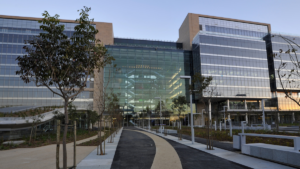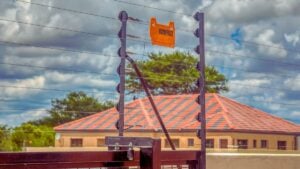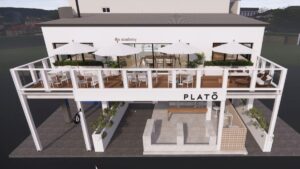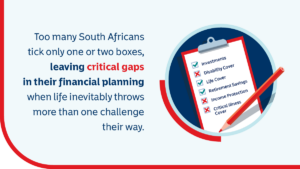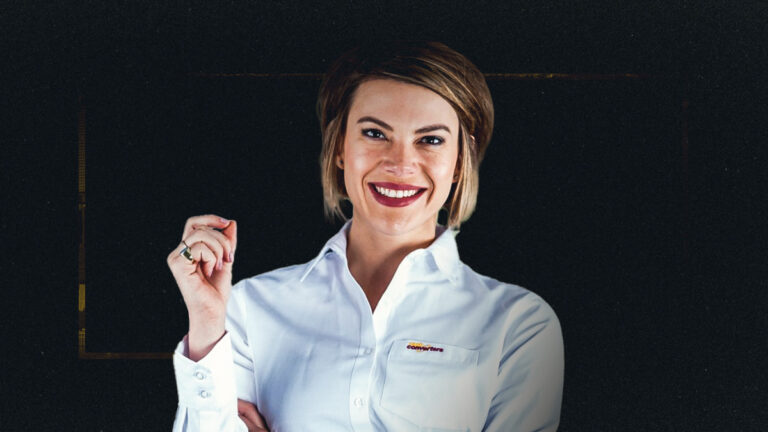Major upgrade to petrol stations across South Africa
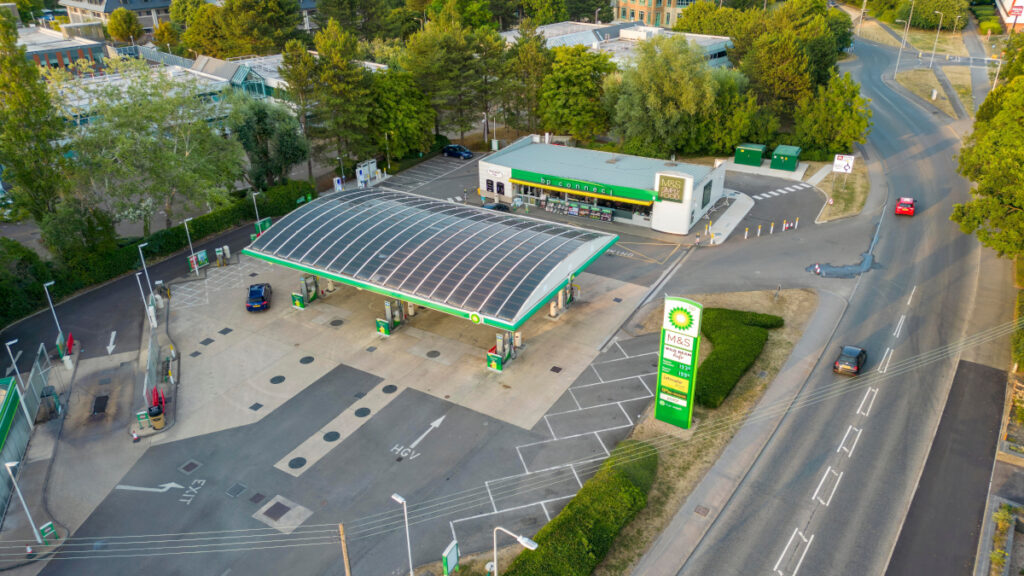
BP South Africa has announced a major upgrade drive to modernise its petrol stations and services across the country.
The programme was officially launched in May, which will see the group construct 40 new retail sites and upgrade its existing service stations, which span over 500 locations.
According to the group, its new sites will have expanded services, like electric vehicle charging stations and a low-carbon battery rental service.
“These efforts underscore BP South Africa’s commitment to driving innovation while addressing energy poverty and decarbonisation,” it said.
As part of a renewed energy drive in the country, BP said it has also invested in its logistics network, partnering with two companies to improve the efficiency of its nationwide delivery of petroleum products.
Beyond infrastructure, it said it is also investing R58 million in a partnership with the Small Enterprise Finance Agency to support black-owned SMEs with funding and technical skills to operate service stations.
BP operates approximately 500 service stations in South Africa, making it the fifth-largest fuel retailer, just below TotalEnergies and ahead of Sasol.
Even with an additional 40 stations, it would just fall short of fourth but would put it on par with TotalEnergies.
Despite ranking fifth in terms of service stations, BP is the third most popular fuel brand among the heaviest road users.
Data from analytics group Lightstone showed that BP was the third most popular brand among Gauteng drivers, after Engen and Shell.
While the data only reflects the popularity of petrol stations in Joburg, the metro is the most populous in the country, in a province that accounts for over 3.3 million of the country’s 8 million registered passenger vehicles.
Lighstone noted that the service station market in South Africa is shifting, and driver behaviour is changing along with it.
While petrol stations are still hotspots for convenience shopping—becoming the default stop after traditional retail outlets close for the night—consumers’ needs are broadening.
According to Arrive Alive, one of the most significant changes is the gradual move towards electric vehicles (EV), which necessitates adding related services to stations.
This aligns with BP’s strategic shift and upgrade programme, but even bigger changes may be coming down the line.
Petrol stations are going to keep changing
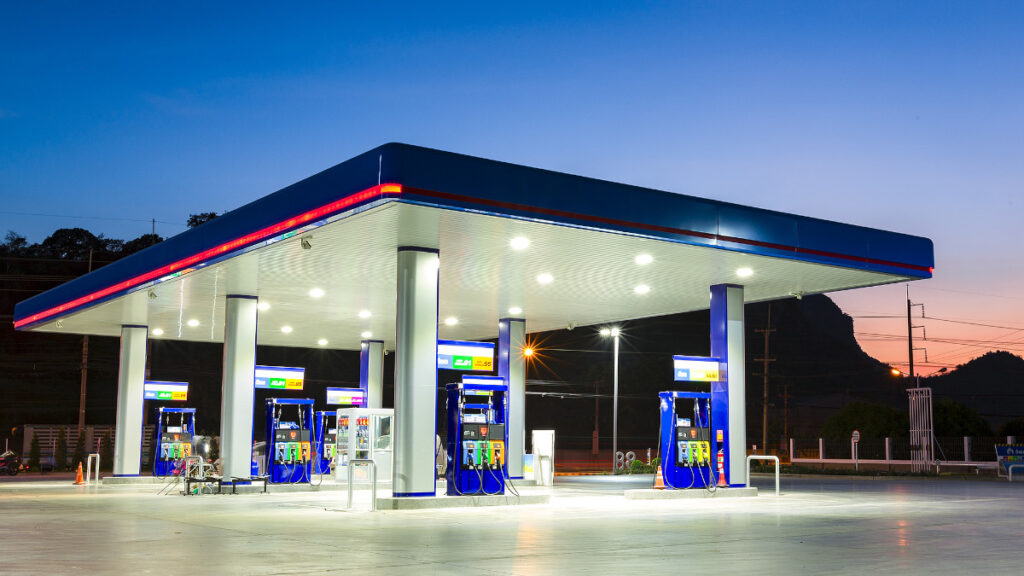
With the shift to EVs, Arrive Alive said service stations will have to evolve further, likely becoming “lifestyle stops” instead of just a place to fill up.
“Think less ‘quick fuel top-up’ and more ‘grab a coffee and check your email’,” it said.
“With electric cars taking longer to charge than petrol refuelling, station owners have an opportunity to turn downtime into spending time.”
The group said that drivers should expect to see more coffee shops, fast Wi-Fi zones, and family-friendly rest areas at petrol stations in the future.
“Some fuel brands are even exploring gym pods and co-working spaces. Retail sales and marketing will likely take centre stage as station owners aim to increase dwell time and boost basket sizes,” it said.
Another change, which is already happening, is the broadening of retail services and partnerships at forecourts.
This is already seen with major retail brands like Woolworths Food and Pick n Pay Express forging partnerships with fuel retailers.
Arrive Alive said that fuel stations are traditionally located in high-traffic areas, and even in a world of electric vehicles, this positioning will be important.
However, as the service stations evolve, drivers will prioritise stations with fast chargers, clean restrooms, and reliable amenities.
“Urban areas may see more compact EV charging hubs, while rural fuel stations may diversify into retail, mechanical services, or even tourism stops,” it said.
“Fuel stations in South Africa will need to think smart and act locally to remain viable.”
